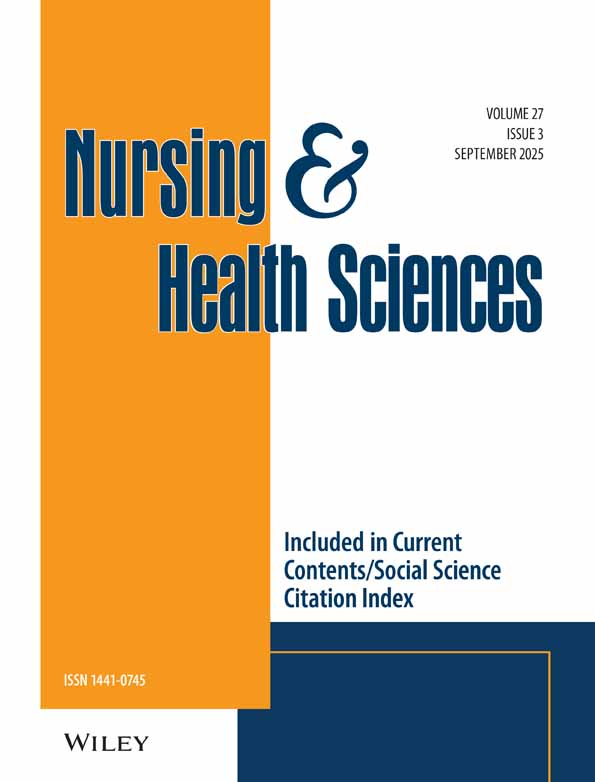Fear of Progression and Its Associated Factors Among Patients With Positive Lung Cancer Screening Results: A Latent Profile Analysis
Funding: This work was supported by the Nursing Project of Anhui Institute of Translational Medicine [grant numbers 2024zhyx-h1-B04, to HQ]; the Postgraduate Scientific Research Practice and Innovation Project [grant numbers YJS20240061, to HQ]; and the Nursing Graduate Seedlings Cultivation Fund of Anhui Medical University [grant numbers hlqm12024053, hlqm12024057].
Xing-Qiao Tao and Qing-Chen Wu contributed equally to this study.
ABSTRACT
Fear of progression is a common problem. This cross-sectional study aimed to identify distinct fear of progression profiles among patients with progressive pulmonary nodules in the preoperative period and to explore the factors associated with these patterns. A total of 259 preoperative patients with pulmonary nodules completed self-reported measures assessing fear of progression and relevant correlates (e.g., health anxiety and positive psychological capital) from February 2024 to August 2024. Latent profile analysis was used to identify heterogeneous subgroups, and the influencing factors were identified via multivariate logistic regression. Latent profile analysis revealed 4 profiles: low, medium, medium-high, and high fear of progression. Positive psychological capital and health anxiety significantly influenced fear of progression. The number of nodules, number of chronic diseases, and medical insurance status were identified as significant independent predictors of the outcome. Through advanced latent profile analysis, we categorized the fear of progression and identified its risk factors. These findings have implications for healthcare strategies and offer new insights for managing the fear of progression and improving patient well-being.
Disclosure
The author(s) affirm that the methods used in the data analyses are suitably applied to their data within their study design and context, and the statistical findings have been implemented and interpreted correctly. The author(s) agree to take responsibility for ensuring that the choice of statistical approach is appropriate and is conducted and interpreted correctly as a condition to submit to the Journal.
Conflicts of Interest
The authors declare no conflicts of interest.
Open Research
Data Availability Statement
The data that support the findings of this study are available from the corresponding author upon reasonable request.




